NATURE
MONCTON NATURE NEWS
July 14, 2025
Nature Moncton members, as
well as any naturalist in New Brunswick or beyond, are invited to share
their photos and descriptions of recent nature sightings to build a fresh
(almost) daily edition of Nature News
To
respond by e-mail, please address your message to the information line
editor, nelsonpoirier435@gmail.com .
Please
advise the editor at nelsonpoirier435@gmail.com and the proofreader
Louise Nichols at Nicholsl@eastlink.ca if
any errors are noted in wording or photo labelling.
For more information
on Nature Moncton, check the website at www.naturemoncton.com
Proofreading
courtesy of Nichols nicholsl@eastlink.ca
**Deana and Peter Gadd spent part
of Sunday afternoon at Hay Island, Neguac. Apart from the mosquitoes in some
areas, it was a very pleasant walk.
They were pleased to see three short-billed
dowitchers in the ponds surrounded by the boardwalk, along with four greater yellowlegs and two lesser yellowlegs.
There were a few yellowlegs elsewhere
on the island. Three willets were spotted as well as a few savannah
sparrows and a Nelson’s sparrow. Not daring to go into the
wooded trails due to “bugs” they settled for a list totaling 18 bird species.
At a distance, two presumably short-tailed swallowtail butterflies were
spotted, but their identity was not confirmed. Many very fresh northern
crescent butterflies were seen on one section of the trail also.
At the ball field at La Fontaine, a nearby high
school in Neguac, they noted an osprey nest on top of a flood
light post, used by the species annually. Two young chicks could be seen from the
parking lot, obviously waiting for a parent to deliver something to eat.
Deana and Peter went on to Covedell
Rd., Tabusintac, hoping to catch up with the recently returned cattle egret but
were disappointed and had to content themselves with a few barn swallows!
**Louise Nichols saw her first monarch
butterfly in their Aulac yard -- a female who was scouting out the swamp
milkweed. Plenty of both swamp and common milkweed is available, so
hopefully this monarch will bring friends next time. Louise also saw her
first great spangled fritillary butterfly. Lots of "brown
butterflies" were in flight on the trail into the woods, and Louise got a
photo of a northern pearly-eye butterfly.
**Jane LeBlanc found a reptile cage,
which she is going to use to raise monarch butterfly caterpillars. It was
at a pet supply store in Saint John, but it is probably available online. She
bought swamp milkweed plants to leave in their pots for the caterpillars to
munch on, as well as a saucer with wet dirt to take leaves from the common
milkweed plants in her garden, as that was the type of plant she found them on.
Her brood right now is seven caterpillars, all about one inch long.
(Editor’s note: photographs of their
progress will be interesting!)
**Katie
Girvan came across a 20 cm. feather on the Dieppe marsh trail that made her
wonder as to its origin. The Feather Index selection process suggests it to be
a primary feather of a great-horned owl or a red-tailed hawk.
Any other
thoughts would be welcome.
**Maureen
Girvan also came across two different feathers that had distinct features, which
the Feather Index did not seem to get good matches for. The feather with the
rufous tip was 5 cm, and the feather with the white central linear triangle was
8.75 cm.
Readers are encouraged to take up the challenge using The Feather Atlas - Feather Identification and Scans -
U.S. Fish and Wildlife Service Forensics Laboratory and make an attempt to put a label
on the previous owner of these feathers.
**On
Saturday, Nelson Poirier did a canoe run along a section of the Southwest
Miramichi River with the New Brunswick Botany Club. A lot of new flora and some
unfamiliar plants were observed. The Canada lily is a beauty of the
season that kept popping up. We often reserve goldenrod observations for later
in the season; however, the early goldenrod is one that is in peak bloom
now.
Shining ladies’ tresses is one of the low ladies’ tresses orchids that can be difficult to find. It is in full bloom this time of
year, and the brilliant yellow in the mouth of the bloom helps identify it from
the other ladies’-tresses. A documentary photo with that point arrowed is
attached.
Nelson Poirier.
Nature Moncton
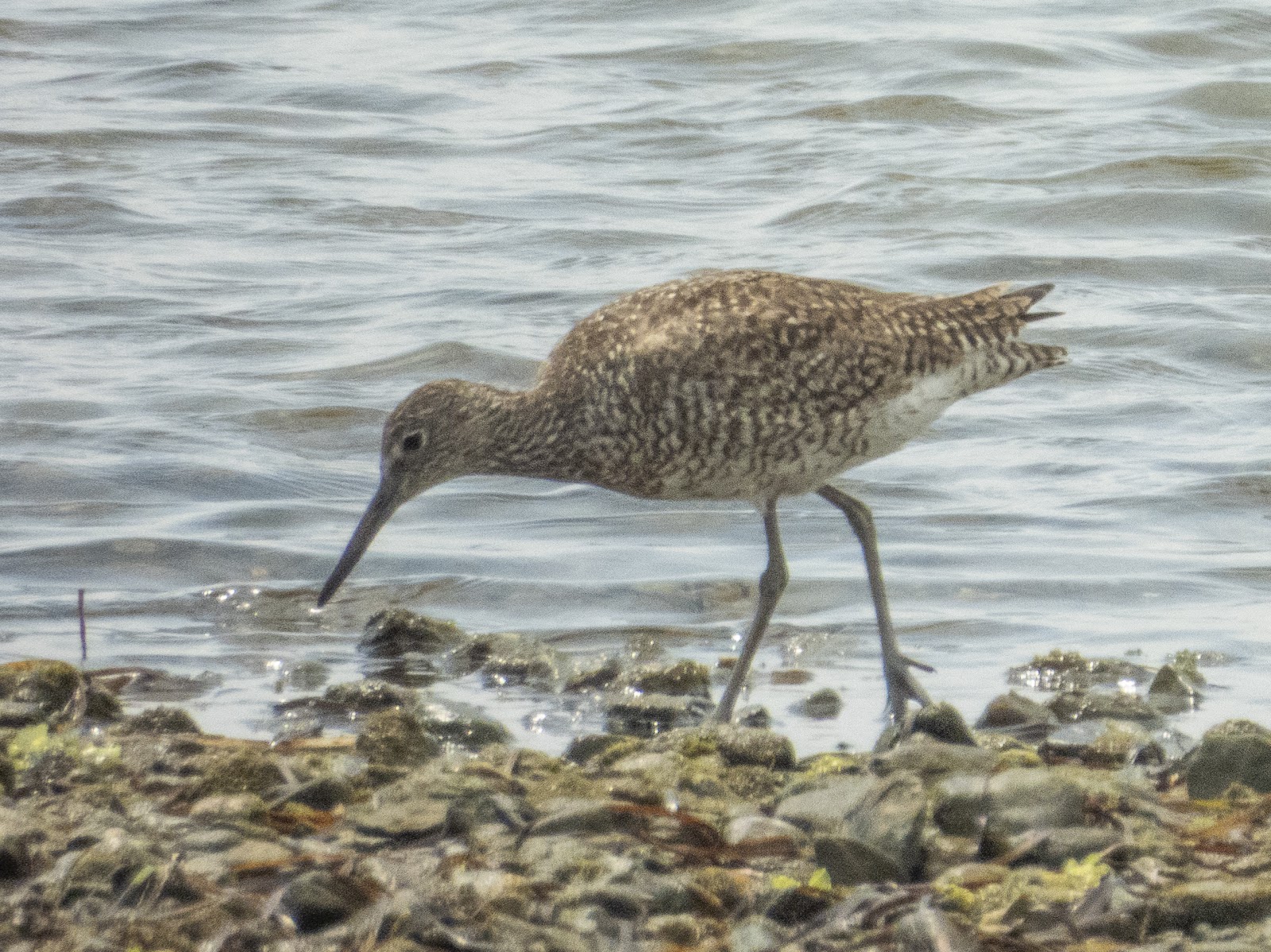


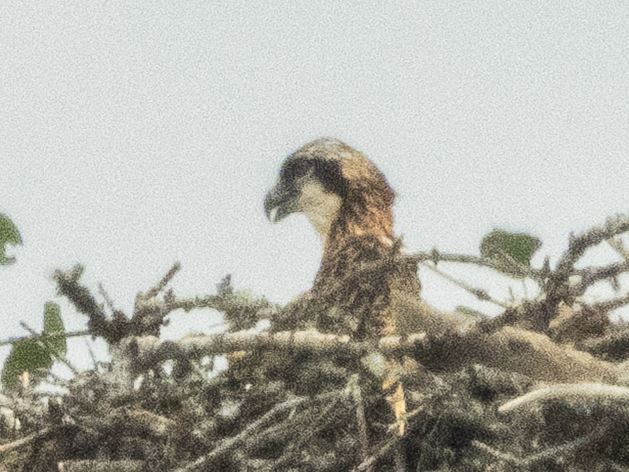
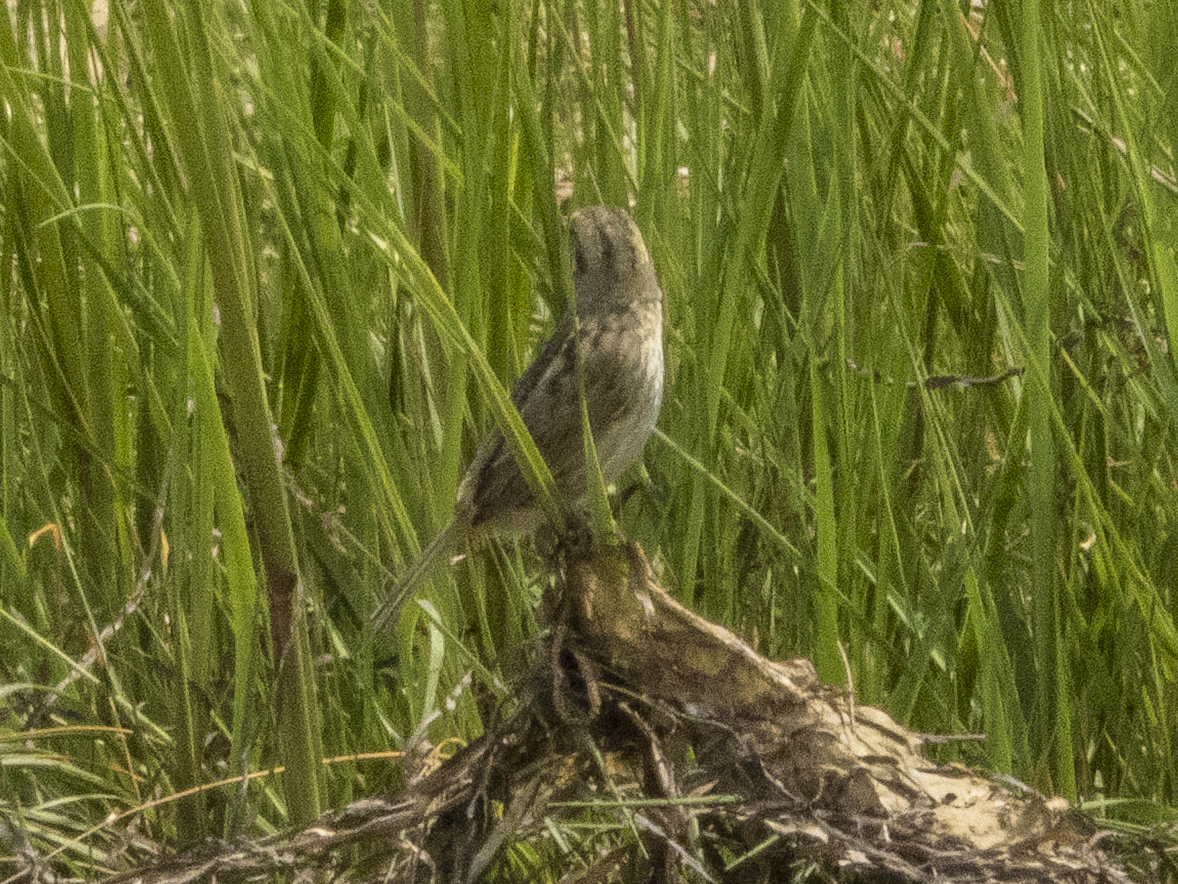


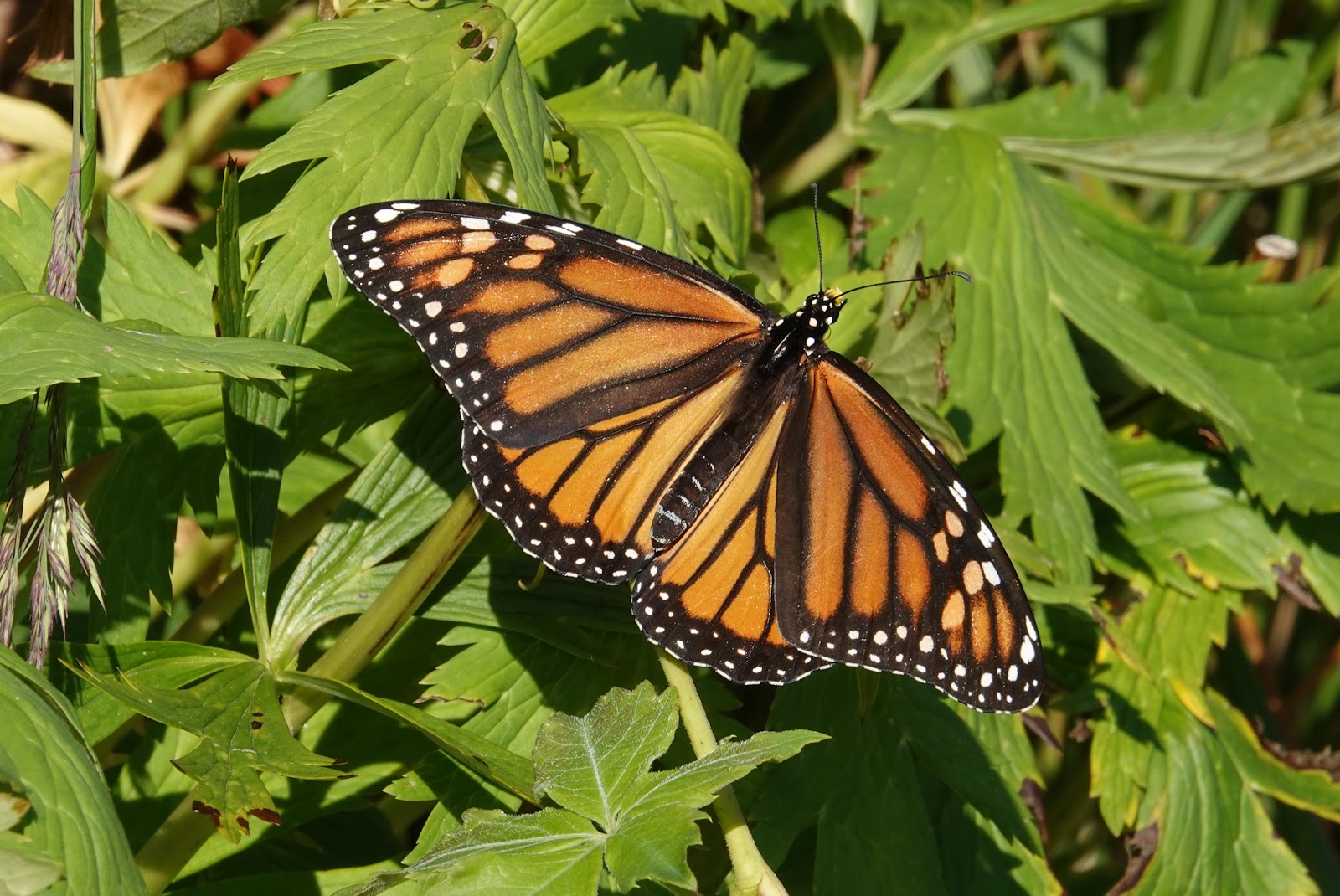
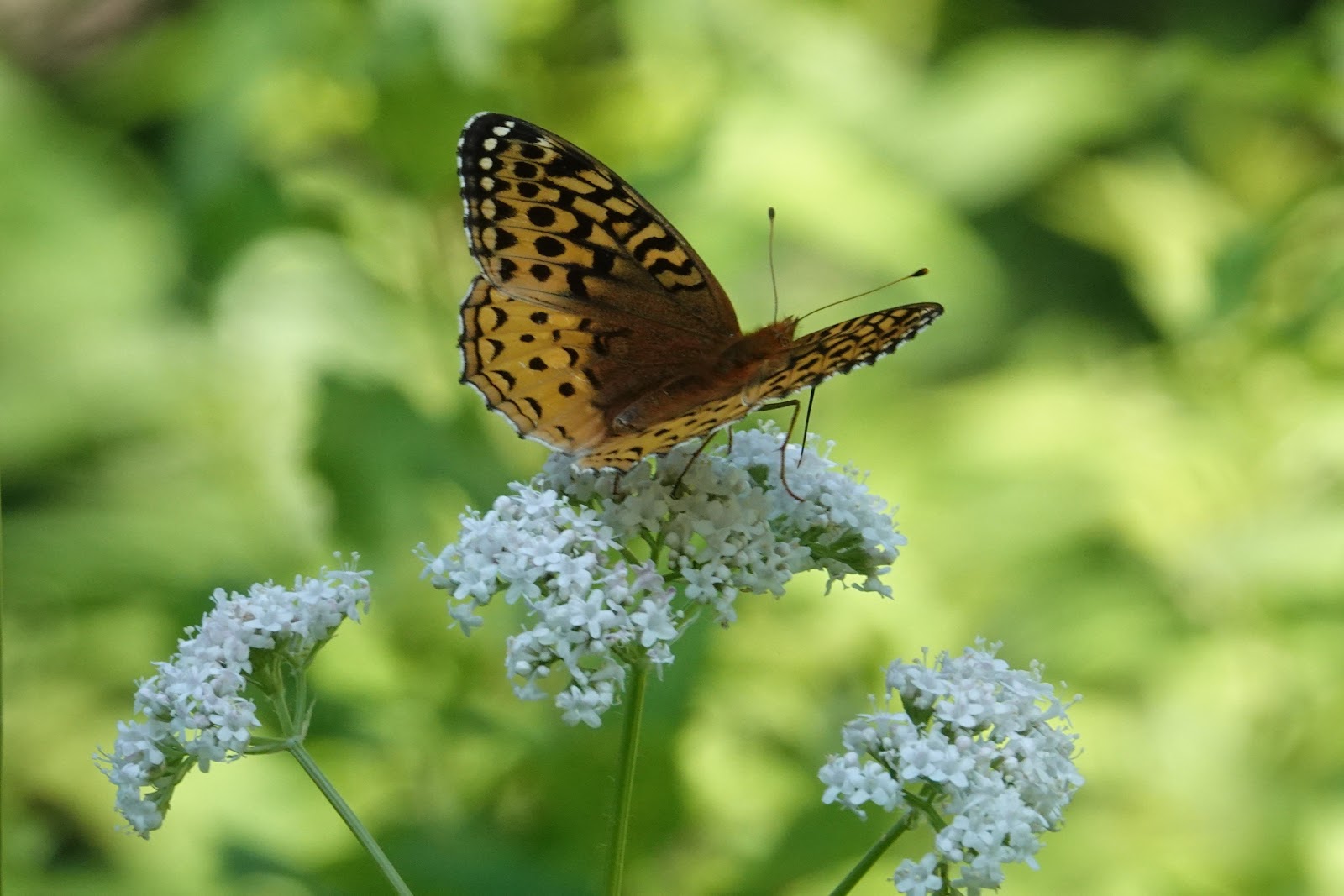








No comments:
Post a Comment